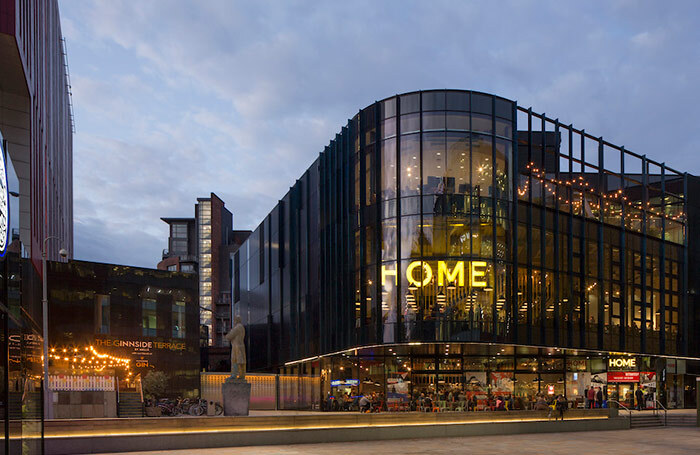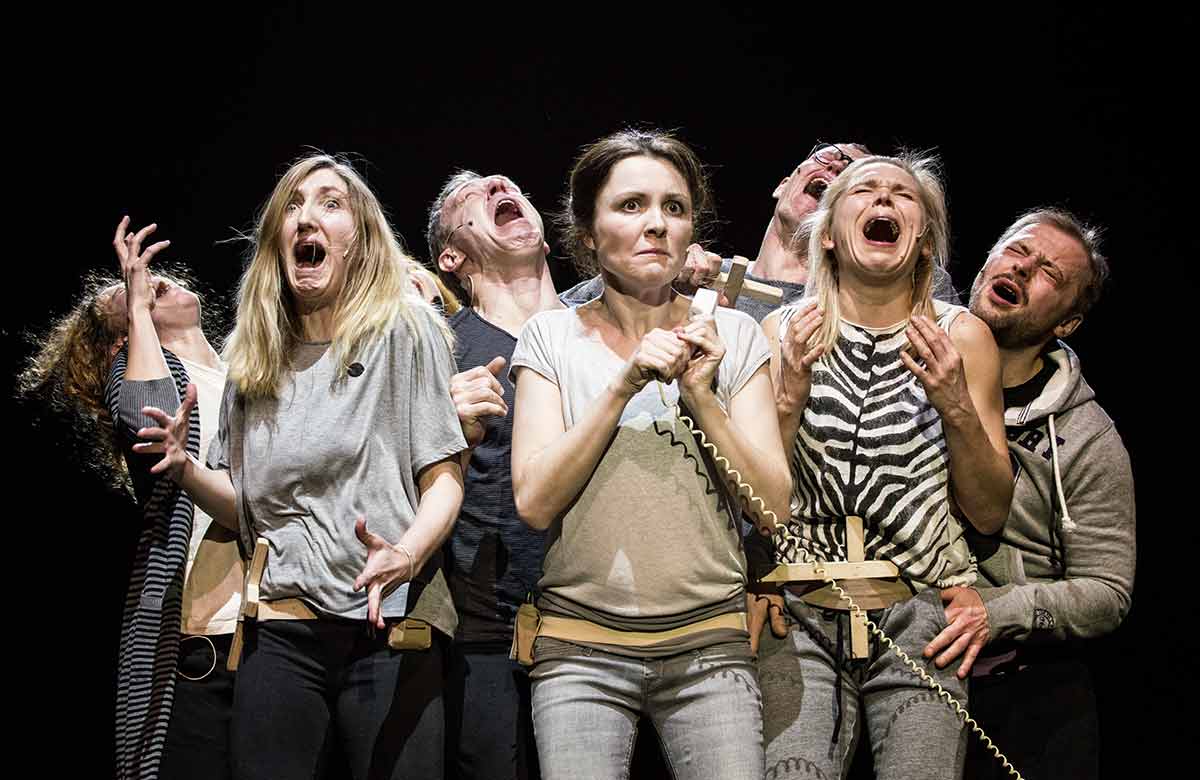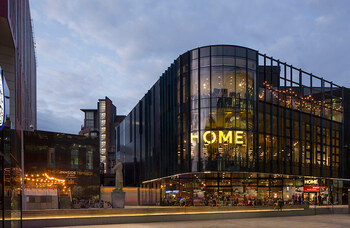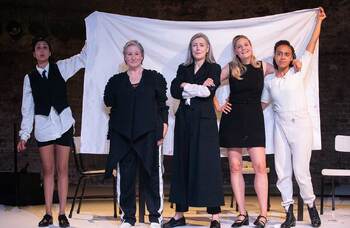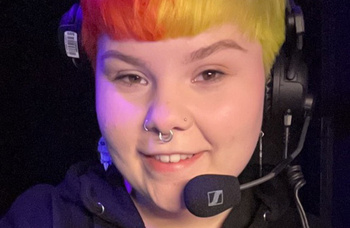Self-censorship doesn’t only silence voices but erodes moral authority
The controversy over HOME Manchester’s cancellation – and reprogramming – of Voices of Resilience highlights the growing danger of self-censorship
Last week, The Stage published Natasha Tripney’s wide-ranging and excellent piece about censorship, how it affects theatremakers around the world and the different and often insidious forms that it takes. There were interviews with people working or who have lived and worked across the globe, from Hong Kong to Turkey and Belarus to Poland.
It was published in the week in which HOME in Manchester was accused of cowardice for cancelling Voices of Resilience, an event described as “a celebration of Gazan writing”, which was due to take place on April 22. Following widespread protests, including from its own staff, late last week the event was reprogrammed, with HOME expressing regret for the cancellation and its handling of it.
Sometimes when I teach, students express astonishment to discover that in the UK, prior to 1968, all plays for performance had to be submitted to the Lord Chamberlain for censorship. But anyone heaving a sigh of relief that theatre censorship is a thing of the past in the UK might be kidding themselves. In recent years, we seem to be doing a pretty good job of censoring ourselves.
A 2020 survey found that arts workers frequently self-censored their views and work to avoid backlash from the public, funding bodies and colleagues. Several conversations with artists and directors last year confirmed that increasingly, artists are less nervous of the reactions of funders or indeed government than they are of the reactions of their peers.
It’s worrying, and clearly driven by the bear pit of social media. There was a time on Twitter when makers and critics could have robust conversations and debates. Now, people are either safely ensconced in their own little bubbles or too scared to say what they think for fear of being cancelled or affecting future employment prospects.
Continues...
The recent furore over Arts Council England’s guidelines on political statements may have turned out to be about a clumsiness of phrasing, but, as I wrote at the time, the uproar was hardly surprising when the arm’s-length principle feels under threat.
These are difficult times and organisations and individuals clearly feel under pressure. As Tarek Iskander has remarked: “The real threat is that we are collectively, on a daily basis, being pressured to remain quiet on topics that are absolutely the realm of arts and artists.”
That must include being able to create art around current events, however complex and difficult, and that includes what is happening in Gaza. When HOME cancels Voices of Resilience, or Chickenshed drops a play called Conversations with My Father citing “the complexity of the situation in the Middle East”, it doesn’t just silence those voices but is a self-defeating act that undercuts any moral authority that those organisations might have to make art on any other subject.
But the actions of HOME make you wonder whether venues are prepared to stand behind artists and writers
The fact that HOME’s own workers have participated in protests against its decision and that artists have removed their work from the building challenges HOME’s original statement that it was taking its decision for “the safety of its team, audiences and artists”.
That kind of argument was used back in 2004 when Behzti was cancelled at Birmingham Rep after protests outside by Sikhs who did not like the content of Gurpreet Kaur Bhatti’s play, which was set in a Gurdwara, or Sikh temple. In that instance, it was primarily revenue from the theatre’s main-house Christmas show that was being protected.
Back in 2015, when Paul Roseby cancelled the National Youth Theatre’s production of Homegrown, a play about radicalisation, the voices that were silenced were those who had seldom been heard on our stages – young Muslims. Arts leaders spoke out at the time about the dangers of such a cancellation fuelling a culture of caution in the arts, and it feels that is what we are seeing now.
In the past few weeks, two giants of British political playwriting, Edward Bond and Trevor Griffiths, have died. They were writers who refused to be silenced and writers whom venues championed even when their work attracted controversy and outrage. It was, of course, Bond’s Saved, produced at London’s Royal Court in 1965, which set in motion the abolition of theatre censorship. But the actions of HOME make you wonder whether venues are prepared to stand behind artists and writers in the same way today or whether their mindsets are now so cautious that at the first hint of controversy, they crumble and cancel.
Opinion
Recommended for you
Advice
Recommended for you
Most Read
Across The Stage this weekYour subscription helps ensure our journalism can continue
Invest in The Stage today with a subscription starting at just £7.99
 Lyn Gardner
Lyn Gardner